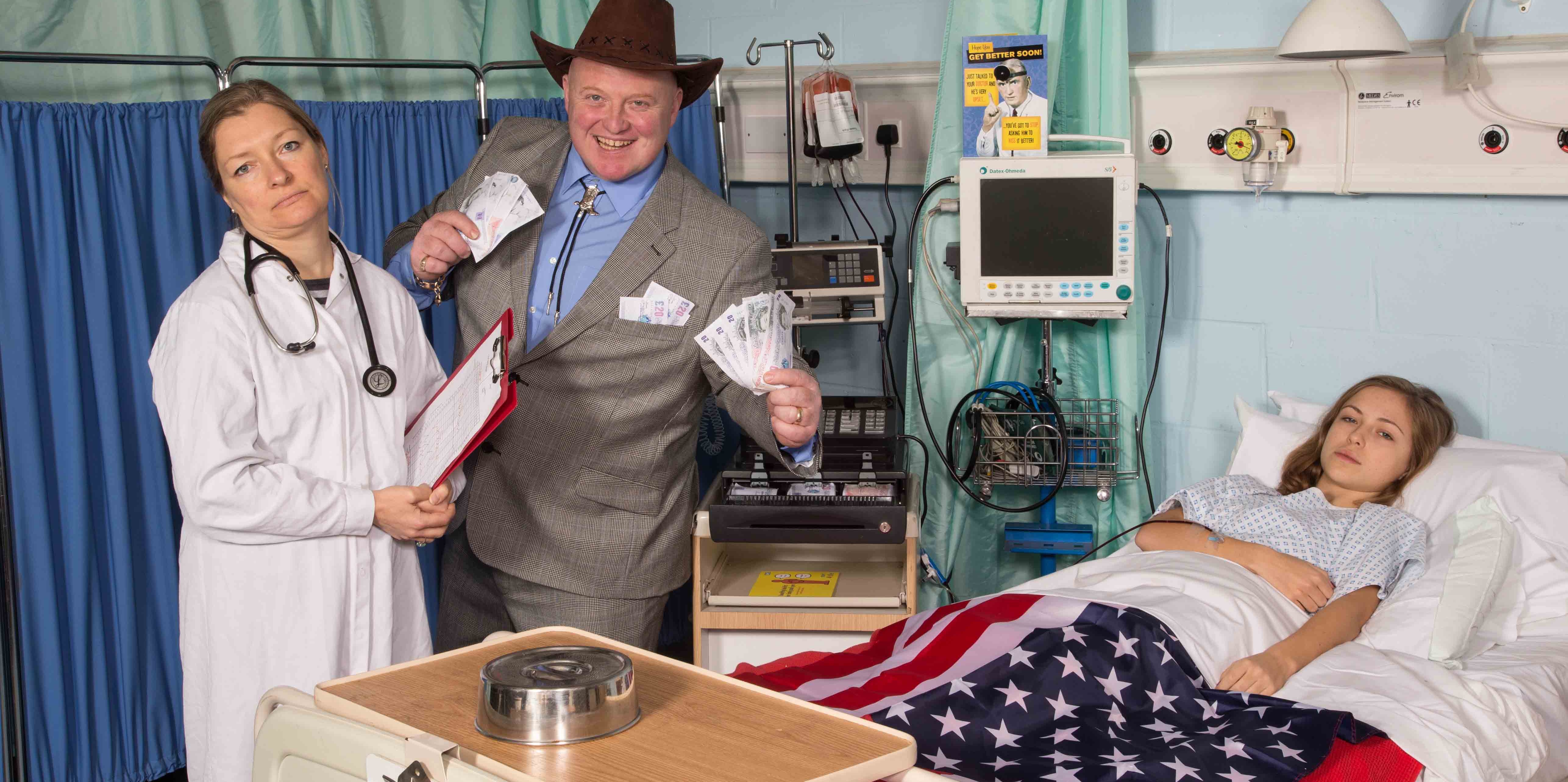TTIP victory
In a major victory for Unite and other campaigners, prime minister David Cameron caved in to public demands to exempt the NHS from provisions in the massive, controversial EU-US trade deal known as the Transatlantic Trade and Investment Partnership (TTIP).
Following the Queens Speech, Labour leader Jeremy Corbyn urged MPs to support an amendment that would “express regret” that there was no bill in the Speech that excluded the NHS from TTIP.
Rebellion
More than two dozen rebel Tory MPs signed the amendment, in addition to support from Labour, the SNP and Green MPs, forcing Cameron to concede.
“If this amendment is selected, we’ll accept it,” a Downing Street spokesperson confirmed last night (May 19).
The last time that the Government lost a vote on the Queens Speech was nearly 100 years ago in 1924, when Labour tabled a motion of no confidence in the then-Conservative government. After the motion was passed, prime minister Stanley Baldwin was forced to resign.
Labour leader Jeremy Corbyn welcomed the support of Tory MPs, but added that he personally “would go much further” beyond merely exempting the NHS from TTIP.
“My concerns about TTIP are not just about the effect on public services but also the principle of investor protection that goes within TTIP – planned rules which would in effect almost enfranchise global corporations at the expense of national governments,” he said. “This protection of the NHS is an important step but it’s not the whole step.”
Legal advice
Unite played a leading role in last night’s victory – it published legal advice from a leading QC on European law who argued that, despite Cameron’s assurances, the trade deal would without doubt risk opening up the NHS to rampant privatisation from US investors.
“The legal advice is clear,” noted Unite assistant general secretary Gail Cartmail. “TTIP is a real and serious risk to the NHS. Unless the UK gets robust protection, the US private health industry can override the will of Parliament on matters relating to our health.”
The threats to the NHS posed by TTIP were also made apparent when the government refused to release information it already holds relating to TTIP’s potential effect on the NHS.
The minister responsible for TTIP, Francis Maude, admitted earlier this year that he already held legal advice about the trade deal and its impact on the health service, but when campaigners asked for this advice to be made public through freedom of information requests, Maude denied the requests, citing â€legal professional privilege.’
Setback
TTIP has faced mounting opposition both at home and abroad. Most recently, negotiations faced a major setback earlier this month when French president Francois Hollande said that he would “never accept” the terms of the trade deal in its current form because it was too friendly to US businesses.
Hollande’s opposition to the trade deal came as Greenpeace published leaked TTIP negotiations documents, which indicated that the EU and US had run into substantial disagreements over the terms of the deal.
The leaked documents also showed that the US was intent on lowering standards, for example, on restrictions on potentially harmful products.
Proponents of TTIP are aiming to wrap up negotiations by the end of this year before the US presidential elections. But for TTIP to become a reality, all 28 member states of the EU would have to agree to the deal’s terms. Following the French president’s comments on the back of sustained public criticism from across Europe, coming to a deal at the year’s end now seems unlikely.
People power
Unite general secretary Len McCluskey said last night’s government climbdown showed that people power works.
“David Cameron has finally conceded to the demands of tens of thousands of people across the country who did not believe it was right for the NHS to be part of a multibillion dollar trade deal which threatened the very future of the NHS,” he said.
“Politicians from across the political divide found common cause to demand that David Cameron acted because communities from Devon to Dundee demanded action.
“It was people power fuelled by Unite’s legal advice that moved David Cameron,” McCluskey added. “We warmly welcome this critical step in the campaign to protect the NHS from the corporate multi-nationals. It is now for David Cameron to ensure his concession yesterday is meaningful.”
Unite is opposed to TTIP in its entirety and will continue to fight the trade deal, which will create a race to the bottom on worker, consumer and environmental protections and will also give global corporations precedence over democratically elected governments in secret courts.
Learn more about TTIP in the 38 Degrees video below and find out how you can get involved in the campaign against the trade deal here.
 Like
Like Follow
Follow

